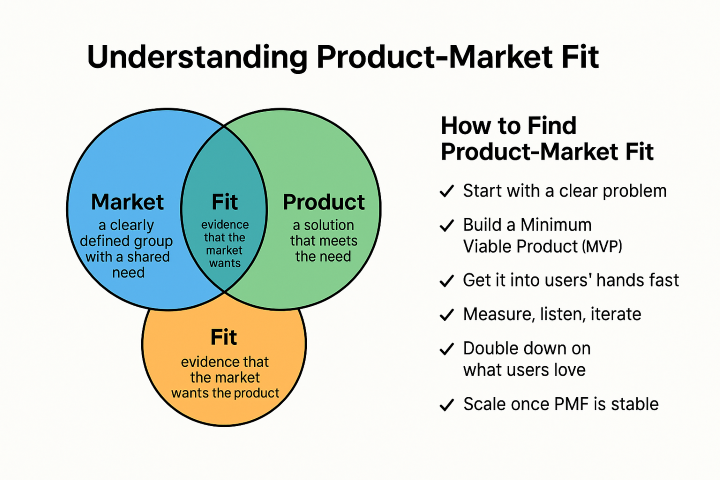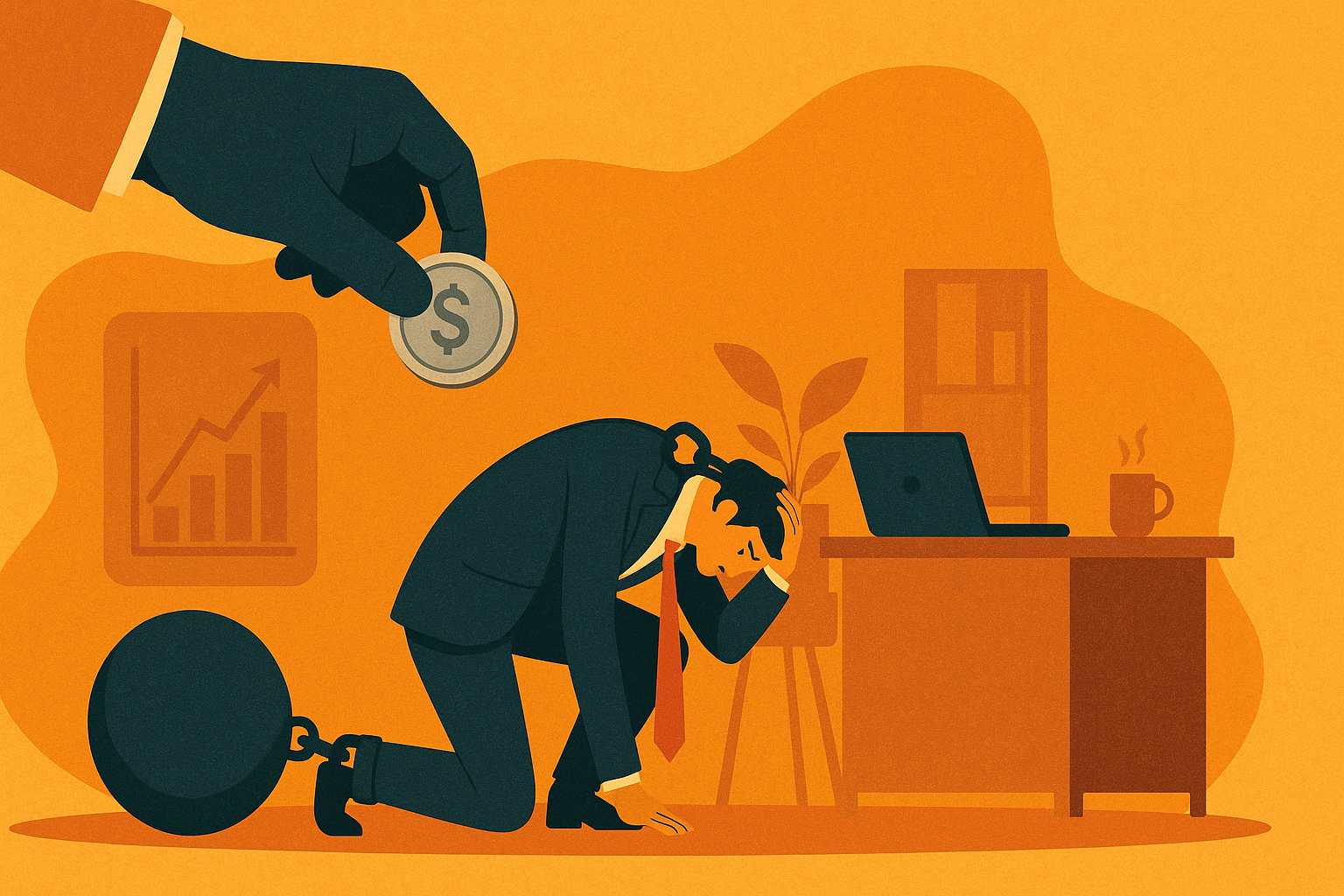In the fast-paced world of business, the drive for growth, innovation, and market dominance often takes centre stage. Companies chase after more—more customers, more revenue, more market share. However, in the quest for “more,” businesses sometimes overlook a critical concept: sufficiency.
Sufficiency in business is the idea of having enough—enough resources, capacity, and capability to meet the needs and goals of the business without excess or deficiency. It’s a concept that emphasizes balance, sustainability, and smart resource management, ensuring that a business can operate efficiently and sustainably over the long term.
- Resource Allocation: The Art of Just Enough
At the core of sufficiency is the strategic allocation of resources. Whether it’s capital, manpower, or technology, sufficiency requires that these resources are distributed in a way that meets the current and foreseeable needs of the business. The goal is to avoid both scarcity, which can stifle growth, and excess, which can lead to waste and inefficiency.
For example, consider a startup deciding on its initial capital investment. A sufficiency-focused approach would involve securing enough funding to cover essential operations, development, and marketing efforts without overextending the company’s financial commitments. By doing so, the startup avoids unnecessary debt or dilution of ownership, while still positioning itself for growth.
- Operational Capacity: Meeting Demand Without Overextension
Sufficiency also plays a vital role in determining a business’s operational capacity. This means having the right level of production or service capability to meet customer demand without overproducing or underdelivering.
For instance, a manufacturer might focus on producing a sufficient amount of goods to meet current demand, rather than ramping up production to levels that exceed market needs. Overproduction can lead to excess inventory, which ties up capital and increases storage costs. Conversely, underproduction can result in missed sales opportunities and dissatisfied customers. A sufficiency mindset helps strike the right balance.
- Financial Stability: Navigating Risks and Opportunities
Maintaining financial sufficiency is about ensuring that the business has enough financial reserves or liquidity to handle unexpected challenges or opportunities. This involves a careful balance between saving for the future and investing in growth.
A business that prioritizes financial sufficiency might keep a prudent reserve of cash to cover unforeseen expenses, such as economic downturns or sudden shifts in market conditions. At the same time, it might invest in strategic opportunities that promise sustainable returns, avoiding high-risk ventures that could jeopardize long-term stability.
- Sustainability: Today’s Needs, Tomorrow’s Promise
In today’s business landscape, sufficiency is increasingly linked to sustainability. This means operating in a way that meets present needs without compromising the ability of the business to meet future demands, particularly in terms of environmental and social responsibilities.
For example, a company that practices sufficiency in its supply chain might choose suppliers who adhere to sustainable practices, even if it costs a bit more. By doing so, the company not only ensures a stable and ethical supply chain but also builds a reputation for corporate responsibility, which can attract customers and partners who value sustainability.
- Strategic Planning: Realistic and Achievable Goals
Sufficiency in strategic planning is about setting goals that are ambitious yet achievable, given the business’s current resources and market conditions. It involves a realistic assessment of what the business can accomplish without overcommitting or underdelivering.
A sufficiency-oriented business leader will prioritize initiatives that align with the company’s strengths and resources, avoiding the temptation to pursue every new trend or opportunity that arises. This approach ensures that the business remains focused, agile, and prepared to seize opportunities that truly fit its capabilities and long-term strategy.
The Benefits of Embracing Sufficiency
By embracing sufficiency, businesses can achieve a number of benefits:
- Sustainability: A focus on sufficiency helps businesses operate in a way that is sustainable for the long term, both financially and environmentally.
- Efficiency: Proper resource allocation ensures that there is minimal waste and maximum productivity.
- Resilience: By avoiding overextension, businesses are better prepared to handle economic downturns or unexpected challenges.
- Customer Satisfaction: Meeting demand consistently without overpromising leads to higher customer satisfaction and loyalty.
Sufficiency in business is not about settling for less. Rather, it’s about finding the right balance—ensuring that the business has enough to succeed today and thrive tomorrow. By focusing on sufficiency, businesses can build a foundation for sustainable success, navigating the complexities of the modern market with confidence and agility.
Content authored with the assistance of AI





